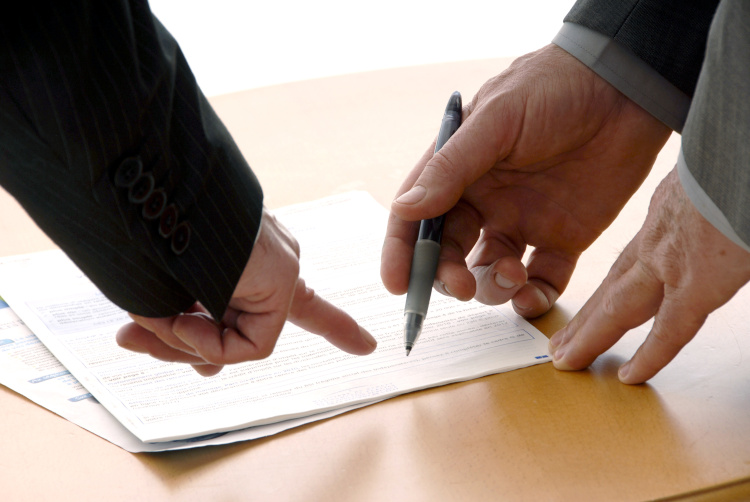Massachusetts law provides that employers must provide employees who work six hours or more with a thirty-minute meal break period. The meal break does not need to be paid. The Massachusetts meal break law states as follows: “No person shall be required to work for more than six hours during a calendar day without an interval of at least thirty minutes for a meal.” Although there are a few odd exceptions – including for employees who work in iron works, glass works, paper mills, letterpress establishments, print works, bleaching works or dyeing works – most employees in Massachusetts are entitled to a half hour meal break.
What if a supervisor requires the employee to stay at his or her desk or work station during the meal break? The employee must not only be completely relieved from work during that time period, but they must be free to leave the premises. The Massachusetts Code of Regulations defines “working time” as including “all time during which an employee is required to be on the employer’s premises or to be on duty or to be at the prescribed work site, and any time worked before or beyond the end of the normal shift to complete the work. Working time does not include meal times during which an employee is relieved of all work-related duties.” If the employee is required to stay on the work site during the meal break, then the employee must be compensated for his or her time.
As an example, if a manager tells a receptionist that he or she must eat lunch at the reception desk during the break period and be available to answer the telephones (and doesn’t otherwise provide a meal break during that day) the company would be in violation of the Massachusetts meal break law. The employee must be able to use the thirty minute meal break as his or her own time and must be able to leave the work site for whatever purpose: for a meal, a smoke or to pray. Many Massachusetts employers provide employees with additional fifteen minute breaks during the working day. These breaks are not required by Massachusetts law, but generally must be paid.
If you have any questions about the Massachusetts meal law or any information in this post, please call Boston, Massachusetts labor and employment lawyer Maura Greene.

